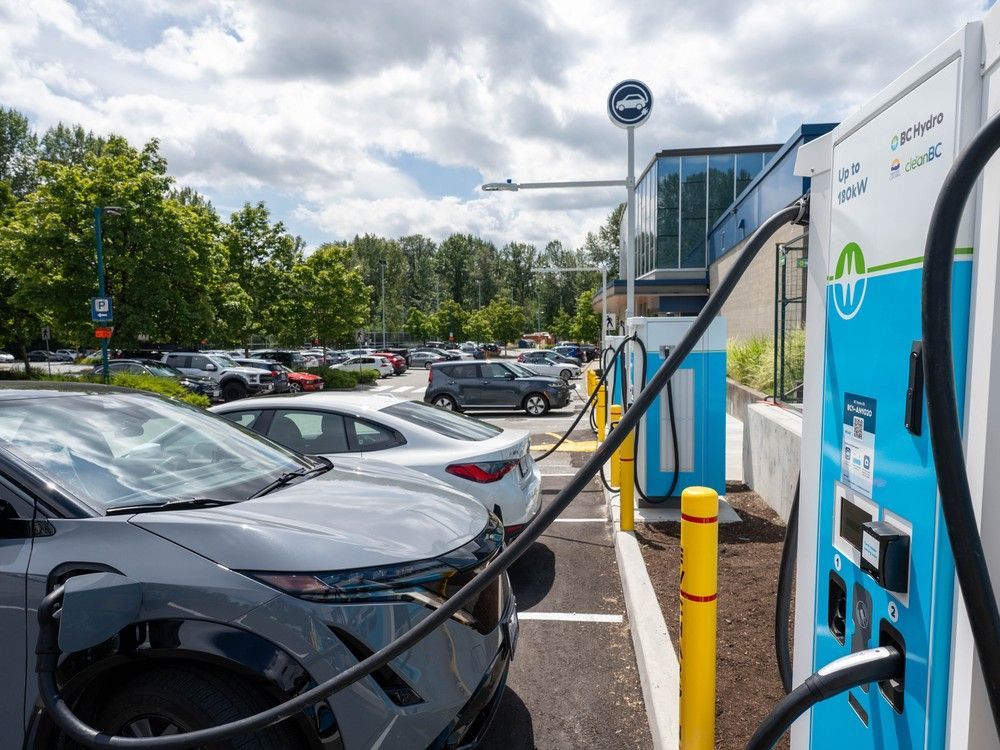Bolivia's unprecedented wildfire season in 2024 underscores a critical failure in climate disaster management: reactive emergency responses are insufficient to combat the escalating impacts of climate change. The report highlights that while immediate firefighting efforts are necessary, they do not address the underlying causes of these disasters, such as deforestation, land use changes, and inadequate environmental policies. As wildfires become more frequent and severe, the need for a comprehensive strategy that integrates prevention, sustainable land management, and community resilience is paramount. This situation serves as a stark reminder that without addressing the root causes, governments risk perpetuating a cycle of destruction and recovery that ultimately fails to protect ecosystems and communities alike.
To effectively mitigate future climate disasters, the report advocates for a paradigm shift in policy and practice. Key insights emphasize the importance of proactive measures, including reforestation initiatives, stricter land use regulations, and investment in sustainable agricultural practices. By prioritizing long-term solutions over short-term fixes, governments can foster resilience against climate impacts and reduce the frequency of catastrophic events. The implications of this approach extend beyond Bolivia, suggesting that similar strategies could be vital for other regions facing climate-related challenges. Ultimately, a holistic response that combines immediate action with systemic change is essential for safeguarding both the environment and vulnerable populations.








